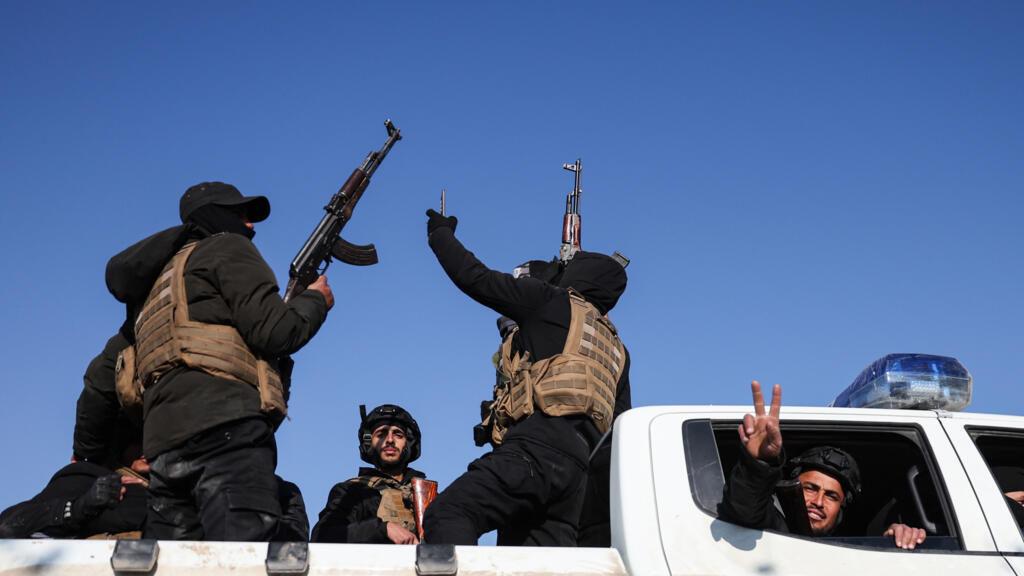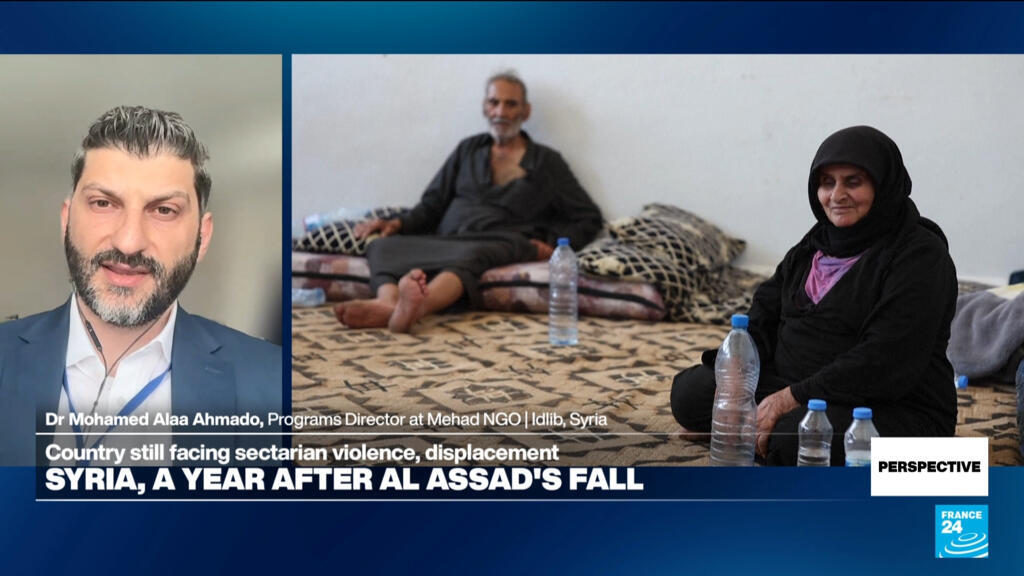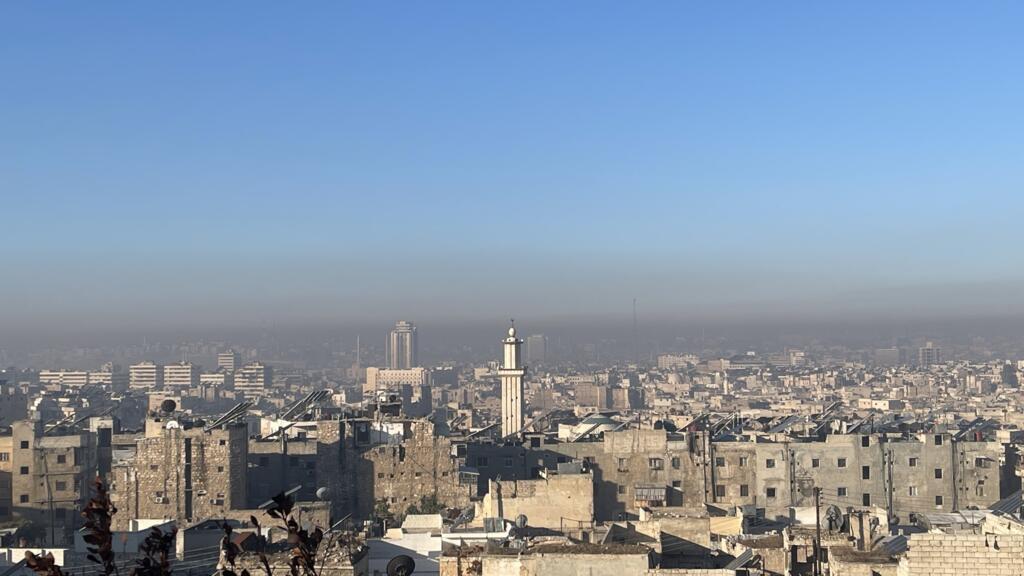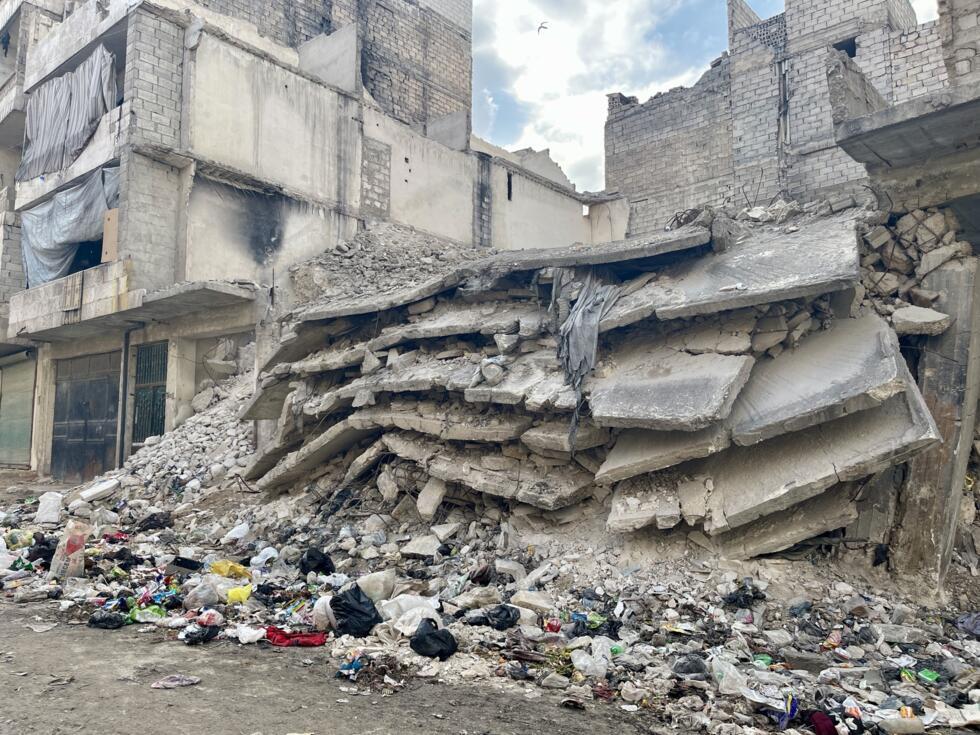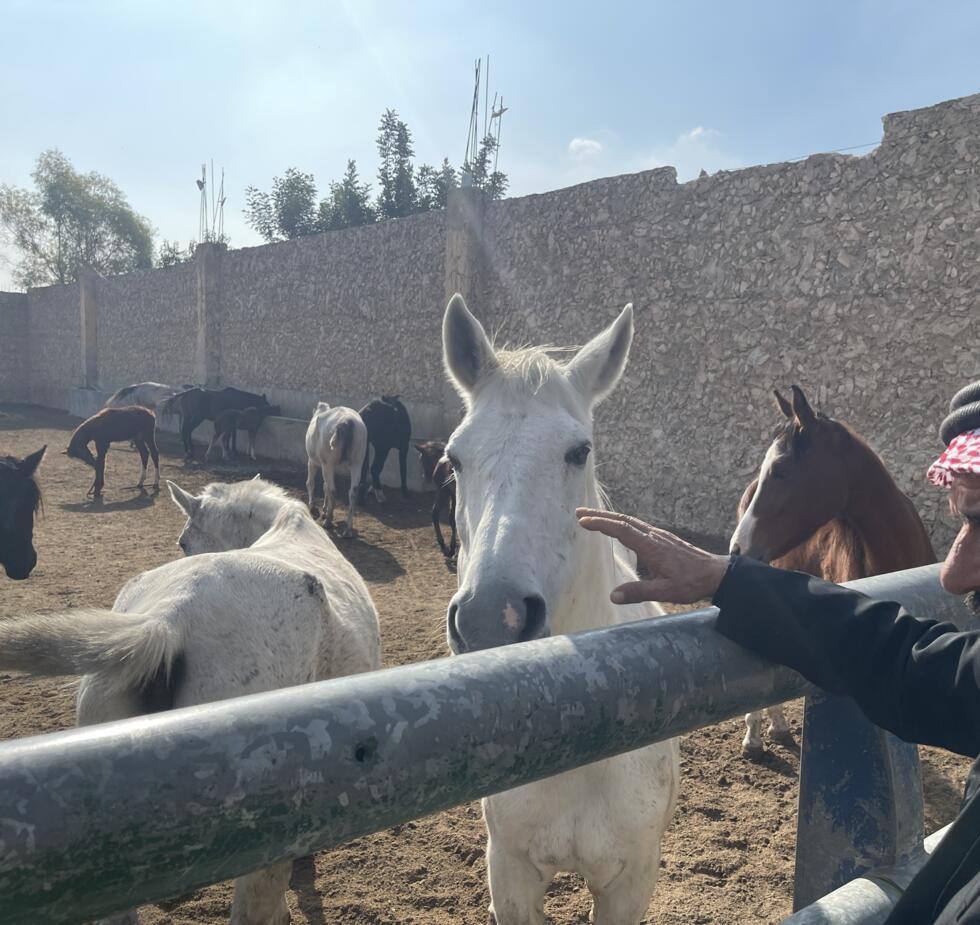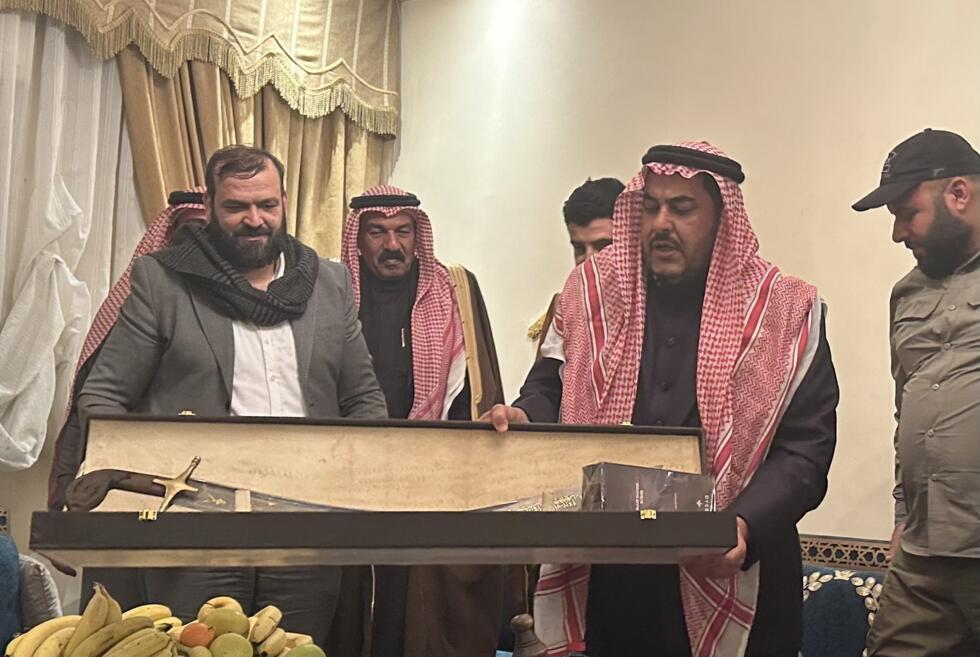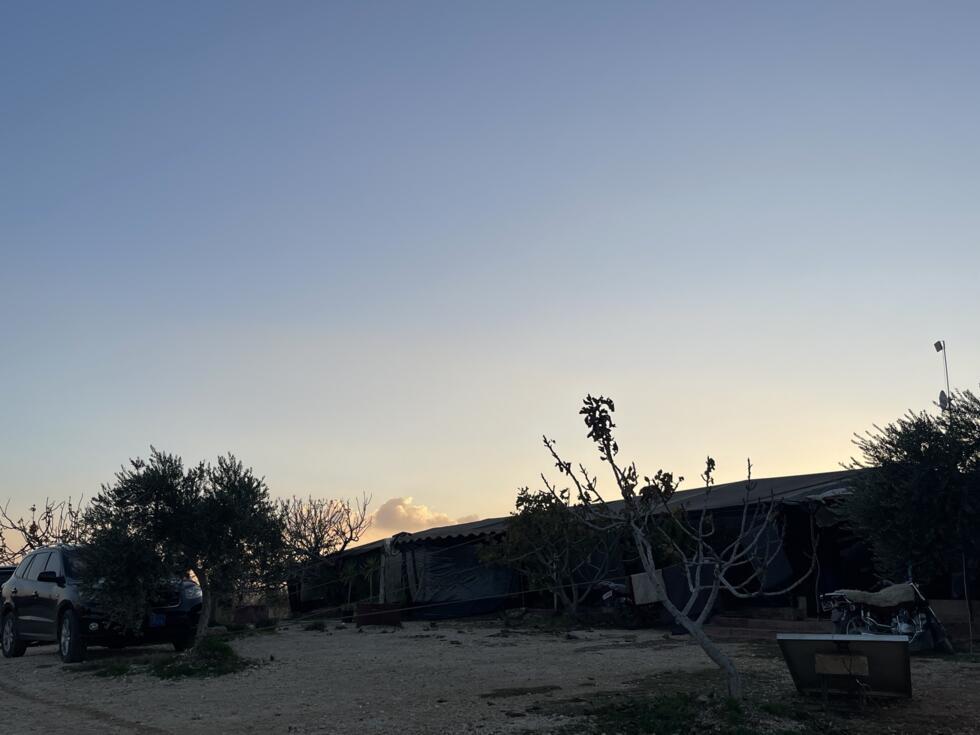Stop war against the Kurds: Stand for peace, justice and freedom; solidarity with the Kurdish people
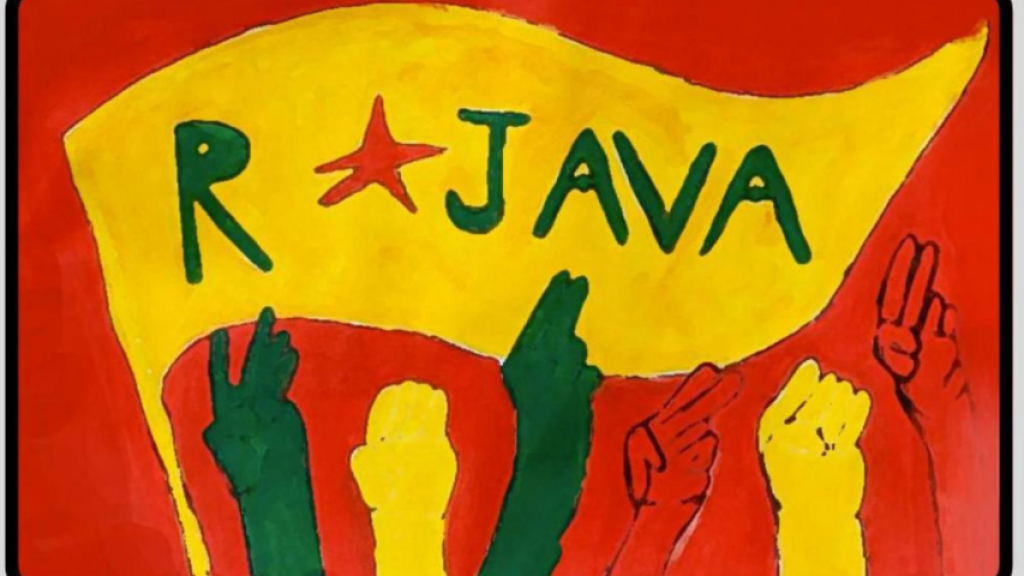
The Transitional Government in Damascus, dominated by members of the former al-Qaida affiliate Hay’at Tahrir al-Sham (HTS), is once again using violence to consolidate control over all of Syria. This has initiated a new war of choice that threatens to return the country to the darkest days of its civil war and poses a serious threat to international stability. The campaign is being coordinated by the jihadist regime in Damascus in conjunction with Turkish Defence Minister Yaşar Güler and Foreign Minister Hakan Fidan. The Turkish state is playing an active role in the conflict, employing fighter jets, drones, and reconnaissance aircraft, and has reportedly deployed its own soldiers to fight alongside jihadist forces.
By contrast, since their fight against IS, the Kurds in Syria have consistently expressed openness to dialogue with the Syrian government. They have never sought the division or secession of Syria, instead advocating for inclusion within a decentralised Syrian state.
The clear objective of the war of annihilation against the Kurds is to hand Syria over from the Baath dictatorship to the HTS dictatorship following the international recognition of Al Jolani (jihadist nom de guerre of Ahmed al Sharaa) as a statesman. Al Jolani’s vision for the new Syria does not include democracy or peace between nations. Women will continue to be treated as slaves. In opposition to this dictatorial concept of power, the Kurds have established a political and administrative self-government over the last 15 years, enabling women, nations and religions to express themselves freely. Therefore, there should be no place for the Kurds in Syria under Al Jolani. Genocide is once again being imposed on the Kurds to this end. Once again, the states in the international coalition against IS have demonstrated their hypocrisy. When their own interests are at stake, they not only forget their values, they also disregard international law.
Background and introduction
Since 6 January, large-scale attacks have been carried out against Kurdish communities in Syria by forces of the Syrian Transitional Government (STG), in collaboration with jihadist groups and Turkish-backed militias. Beginning in Aleppo, these attacks have amounted to attempts at ethnic cleansing, resulting in the massacre of Kurdish civilians and the forced displacement of thousands.
Over the past year, the Autonomous Administration of North and East Syria (DAANES) has undertaken multiple rounds of negotiations with the Syrian Transitional Government, seeking a democratic solution and the establishment of a decentralised system of governance that reflects Syria’s ethnic and religious diversity.
By 4 January, negotiations had reached an advanced stage, with the involved actors reportedly close to a tentative agreement. However, before any public announcement could be made, the process was abruptly terminated by the Syrian Foreign Minister, who maintains close ties with Turkey. On 6 January, following a meeting in Paris facilitated by the United States, Syria and Israel announced that they had reached an agreement. That same afternoon, STG forces — including Turkish-backed militias that have since been incorporated into the Syrian army—launched attacks on Kurdish neighbourhoods in Aleppo.
In the days that followed, despite the declaration of multiple ceasefires, STG forces and their allies continued to advance towards North and Eastern Syria (Rojava), creating an existential threat to Kurds and other communities in the region, as well as to the system of autonomous, democratic self-governance established there. These attacks endanger the achievements of the Rojava Revolution, including struggles for women’s liberation, peaceful coexistence among peoples, and democratic self-governance. The silence of the international coalition and other state and international actors amounts to complicity in the violence being carried out by al-Sharaa’s forces on the ground.
Thousands of Kurds, especially Kurdish women and youth, have responded to the call for general mobilisation, streaming into Rojava to join the resistance or organising in cities across the region and across the world. This report provides an overview of recent developments, documents human rights violations and potential war crimes, international reactions and mobilisations, and concludes with key demands. As it is still a developing situation, more information is likely to come in the next days.
Download the full report here.
(Statements) Defend the Rojava revolution against the Syrian regime’s genocidal attacks
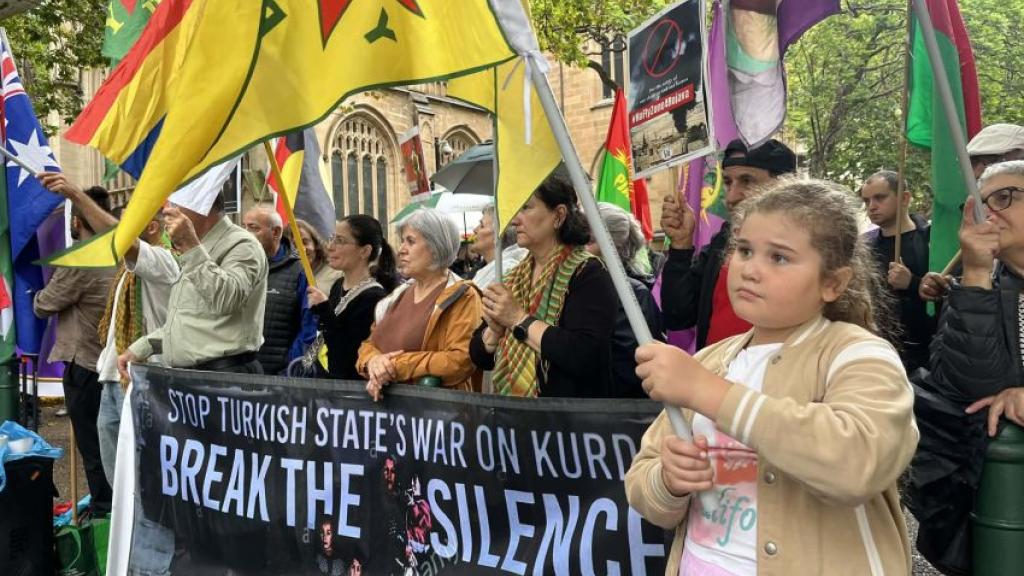
Statements by the Revolutionary Left Party (Syria) and Socialist Alliance (Australia) opposing the Syrian regime’s genocidal attacks on the Rojava revolution.
Revolutionary Left Party (Syria): In defense of Rojava — For our freedom and yours
In light of the comprehensive genocidal onslaught against our Kurdish people, led by the foreign-dependent Thermidorian authority — the descendant of tyranny, ISIS, and Al-Qaeda, and the guardian of terrorism — which does not hesitate to open prison doors for ISIS fighters and recycle them as filthy tools in its war against the peoples; Syria enters a pivotal stage today that accepts neither ambiguity, neutrality, nor half-measures.
The call for general mobilization issued by the Syrian Democratic Forces (SDF) on January 18, 2026, is not a passing event, but rather an expression of a decisive historical moment: A battle between the last bastions of democracy and liberation in Syria, and the project of fascism, obscurantism, and reactionary regression. It is a struggle between progress and reaction, between good and evil, between existence or annihilation.
We, in the Revolutionary Left Party in Syria, declare clearly and unequivocally: This is not the battle of the Kurds alone; it is the battle of all advocates of freedom, all leftist forces in Syria and the entire world, and everyone who believes that homelands are not built with prisons and massacres, but through social justice, equality, and the right of peoples to self-determination.
Experience has proven that silence in moments of genocide is complicity, that neutrality during a conflict between the executioner and the victim is a bias toward the executioner, and that those who do not stand today with the popular resistance will be crushed tomorrow under the feet of the fascist machine. The attack on the Kurdish people, the Autonomous Administration, and its democratic-liberatory model is an attack on the possibility of collective salvation in Syria. It is an attempt to stifle any liberatory, pluralistic, and socialist horizon outside the logic of the oppressive central authority and outside the hegemony of imperialism and its local proxies.
Accordingly, the Revolutionary Left Party in Syria announces:
- Responding to the call for general mobilization without hesitation or equivocation.
- Placing all its political, media, and organizational capabilities, and all forms of its struggle support, at the service of the Kurdish people's steadfastness and the protection of the Autonomous Administration.
- Standing unconditionally and without narrow calculations alongside the Kurdish popular resistance, as an integral part of the Syrian revolutionary resistance against tyranny, occupation, and reaction.
We say it clearly: From Kobani to Qamishli, from Rojava to every spot of Syrian land, the battle is one, the enemy is one, and the fate is one.
Together until victory. Glory to the popular resistance. Shame to fascism and obscurantism. Victory to the struggling peoples.
- Long live the internationalist brotherhood of peoples! Long live the revolutionary socialist struggle!
- Down with the counter-revolutionary authority in Damascus!
- All power and wealth to the people!
Socialist Alliance (Australia): Defend the Rojava revolution!
The Socialist Alliance stands in full solidarity with the Kurdish-led Rojava Revolution which is now under attack from the Syrian regime, with the backing of the United States and the European Union (EU).
The Kurds liberated North and East Syria from the former Bashar al-Assad dictatorship and then from the terror of the Islamic State (ISIS).
Now, it is fighting off genocidal attacks from the Western-backed Syrian regime of President Ahmed al-Sharaa — a former notorious Al Qaeda commander — and the Turkish armed forces and allied mercenary militias.
This is a battle for the survival of one of the few successful popular revolutions in the 21st century. This revolution sought to make women’s empowerment central to its political practice, as well as having a commitment to multi-ethnic and multi-religious inclusion in its grassroots democracy.
This war rapidly escalated from a campaign of atrocities and ethnic cleansing carried out against Kurds and Yezidi in Aleppo, Syria, earlier this year, even while Al-Sharaa was hosting senior EU and US delegations.
The US and the EU, which have whitewashed al-Sharaa’s international image and supplied his regime with funds for its armed forces, then pressured the Syrian Democratic Forces (SDF) of the Democratic Autonomous Administration of North and East Syria/Rojava to withdraw from Aleppo and several other towns, in return for ceasefire agreements.
However, these have been broken over and over again by the al-Sharaa regime and the US, which brokered the agreements.
The world owes a massive moral debt to the Rojava freedom fighters, who have sacrificed tens of thousands of lives in the fight to defeat ISIS, empower women and promote religious and multi-ethnic unity.
Australia must end its silence on this war. It must call on the US and the EU to end their collusion with the Al-Sharaa regime against Rojava, demand an end to its war crimes and support action to bring the perpetrators to account.
The Socialist Alliance calls on the Australian government to send urgently-needed funds to the Heyva Sor a Kurdistanê/Kurdish Red Crescent, which is helping the thousands who are being wounded and displaced by this genocidal war.
We also call on all progressive and democratic people to join the global solidarity campaign to defend Rojava.
Kurdish left statements: Defend Rojava!
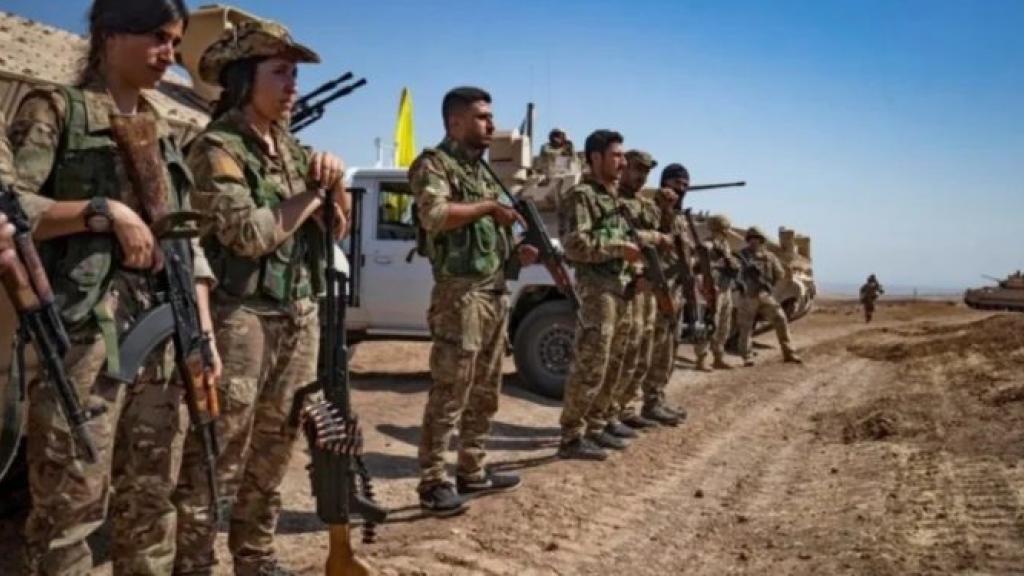
Statements by Kurdistan Democratic Communities Union, Democratic Union Party and Kongra Star Coordination denouncing the Damascus transitional administration’s attacks on Rojava and North and East Syria.
Kurdistan Democratic Communities Union: The spirit of resistance of Kobanê must rise!
Following the attack on Kurdish neighborhoods in Aleppo, attacks have also been launched on Rojava and North and East Syria. These attacks are being carried out by HTS, gangs and mercenaries affiliated with Turkey, and with the direct support of the Turkish state. This attack is a conspiracy against all Kurds and the people of the region, embodied in Rojava and North and East Syria. The international forces with their military and political presence in the region have also become partners in this conspiracy through their policies and attitudes.
Kurdish people’s leader, Abdullah Öcalan, had conveyed a statement, underlining that confidence-building measures should be taken by the Autonomous Administration of North and East Syria to reduce the tensions in Syria. He has also called on the Damascus transitional administration to avoid further conflict. The Turkish state is aware of these calls. While the Autonomous Administration of North and East Syria and the SDF were preparing to take important steps, attacks were carried out on Kurdish neighborhoods in Aleppo. Autonomous Administration officials stated that while a positive outcome had been achieved in the meetings held on January 4 under the supervision of US officials, Shaibani, who is under Turkish influence, intervened in this meeting and prevented a joint statement from being given. Thus, reconciliation and agreement were sabotaged, and the Kurdish neighborhoods of Aleppo were attacked. It shows that these attacks were planned in advance and that the talks were used as a stalling tactic.
The Turkish state has been actively involved in planning and executing this war. From the outset, HTS leader Jolani has constantly threatened the Kurds with a reactionary and monist mindset, refusing to respond to the reconciliation efforts of the Autonomous Administration of North and East Syria and demanding submission to his oppressive rule. These attacks aim to dismantle the Autonomous Administration established by the Kurds, Arabs, Syriacs, and other peoples based on the concept of the ‘Democratic Nation.’ The goal is to create a fascist system in Syria based on one single nation and on one single faith. This mentality marks an attack on the co-existence of peoples and faiths in the Middle East, including Syria. Thus, the concept of the Democratic Nation that would bring peace and stability to the Middle East is being undermined.
These attacks have once again demonstrated that the monist, capitalist international powers are willing to trample on any value for their own interests. The Kurds and the people of North and East Syria have given more than 10,000 martyrs and tens of thousands of wounded in the fight against ISIS. ISIS launched a war against all of humanity; the Kurds and the peoples of North and East Syria fought at the forefront against ISIS to protect humanity. International powers have taken a stance of standing with the Kurds who resisted ISIS during this process. They saw their own interests in this, but after ISIS was defeated, they did not provide the necessary support for the struggle for a free and democratic life of the Kurds and the people of North and East Syria. After making Jolani the ruler of Damascus, they became supporters of the ISIS-minded HTS and turned down the peoples of Rojava and North and East Syria, who have given over 10,000 martyrs and tens of thousands of wounded in the fight against ISIS. In doing so, they hypocritically trampled on all moral, ethical, and moral values. They are sacrificing the people once again for their own interests.
While the Kurds, with their mentality of the Democratic Nation, have created an exemplary model for the Middle East together with Arabs, Syriacs, and other peoples, the HTS administration is trying to destroy this oasis of democracy in the Middle East by attacking Alawites, Druze, and Kurds. The international powers have revealed what kind of Middle East they want through their support for HTS. Thus, democracy and women’s rights are merely a mask on their faces.
These attacks are not only against Rojava and North and East Syria but also a conspiracy against all Kurds. It is not desired for Kurds to have any will or power anywhere. Kurdish-hostile and genocidal forces, in particular, are targeting the existence of the Kurds by attacking their organization and gains everywhere. What is being done to the Kurds in Syria is a continuation of this general understanding and policy. From this perspective, all Kurds should see these attacks as directed against themselves, and national unity and stance should be demonstrated, especially today. Our people in Rojava, in the north and the south of Kurdistan, and abroad have risen up against these attacks. This uprising must be further intensified. Kurds must view this war as a war of survival and honor and engage in this struggle with all their might. In this regard, our people in all parts of Kurdistan must respond to the call to arms by the Autonomous Administration of North and East Syria.
HTS’s attacks are a conspiracy against Syria’s future. HTS is pursuing a policy that will lead to the fragmentation of Syria, not its unity. While the Autonomous Administration has created Kurdish-Arab unity, HTS wants to create Kurdish-Arab hostility. This is proof that HTS is waging a war under the influence of certain external powers. It is clear that HTS cannot achieve Syria’s democratic unity with these policies, and therefore this regime has no future.
The Arab people and all democratic forces must also resist any attack aimed at preventing Kurds and Arabs from creating a new Syria as siblings. The most valuable achievement, Kurdish-Arab siblinghood, must be protected. Our Arab people must take a stance against provocations. HTS also shows hostility to the Arab people with these attacks. While the Arab people are living freely and democratically in peace in North and East Syria, HTS and its supporters now want to subject them to a repressive, authoritarian regime. In this regard, the Arab people must also stand against these attacks and protect the free and democratic life they have created.
The peoples of North and East Syria have so far resisted all kinds of attacks together. To protect their free and democratic life, repelling this attack is also essential. In this regard, the Autonomous Administration of North and East Syria has called for mobilization, urging all people, especially young people, to fight alongside the SDF. Just as people of all ages took up arms against ISIS, such an attitude must be demonstrated now. Cities and villages can only be protected against the ISIS mentality if the entire population becomes a force of self-defense. This is how existence and freedom can be protected. This is the only way to repay the debt owed to ten thousand martyrs.
The attacks that began in Aleppo and spread throughout North and East Syria have shown that the people can only fight for their existence and freedom by relying on their own strength. Indeed, the Kurds have waged a historic struggle for existence and freedom for decades, relying on their own strength. All Kurds in Syria have also fought to this day, relying on their own strength, and have secured all their gains in this way. In this sense, the Kurds and all the peoples of North and East Syria must trust in their own strength in the face of these attacks. If they trust their own strength and show the will to resist, they will demonstrate an exemplary resistance to the world, as they have done throughout their history, and they will win.
These attacks also form an attack and sabotage against the ‘Peace and Democratic Society’ process that is underway in Turkey under the initiative of Kurdish people’s leader, Abdullah Öcalan. Those who do not want Kurdish-Turkish siblinghood, siblinghood among peoples, forces that want to keep Turkey in a state of war, as in the last century, have brought HTS into this attack. While the Kurds in Turkey are called our siblings, a hostile attitude has been adopted towards the Kurds in Syria. The statements of some government officials and the way the press reports on the war in Syria are expressions of this. While Kurdish people’s leader, Abdullah Öcalan, works with patience and great effort for peace and stability in Turkey and the Middle East, this attack on the Kurds and the Autonomous Administration of North and East Syria is an attack on peace and stability in the Middle East. It is clear that this will cause great damage to Turkey and negatively affect Turkey’s future stance in this war. From this perspective, we call on all democratic circles and Turkish patriots who want to see this process develop and Turkey achieve peace and a democratic society to fight against approaches that seek to sabotage this process. Recognizing that Turkey’s common future can only be secured through democratic unity, we must oppose the war in Syria and take part in the struggle for a Turkey and Middle East based on the siblinghood of peoples.
The Kurdish people and their international friends who have risen up against this conspiracy against the Kurds must stand firm, and they must stand with the forces resisting in Rojava and North and East Syria. The spirit of resistance that emerged against ISIS in Şengal [Sinjar] and Kobanê must rise up today and repel this new ISIS attack together with all peoples and international friends in the Middle East and around the world. As the Kurdish Freedom Movement, we emphasize that we stand with those fighting for freedom and democracy, and we salute our resisting people.
A widespread special war is being waged against the Autonomous Administration and the resistance fighters in Syria. Half of the war has been turned into a special war. The press and social media are being used for this purpose in particular. Our people and our international friends should only obtain information from free and democratic media. The stance and resistance against the attack should also be demonstrated in this way.
Democratic Union Party (Syria): An open letter to Western governments
While Western governments — foremost among them the United States — raise the banners of defending human rights and combating terrorism, the Kurdish people in northern and eastern Syria face a perilous political and security reality that threatens to undo all the gains achieved in the global war against ISIS.
The Syrian Democratic Forces (SDF) formed the backbone of the war against the ISIS terrorist organization, fighting fierce and valiant battles on behalf of the entire international community, sacrificing more than 20,000 martyrs in the fight to eliminate the most dangerous terrorist organization the modern world has known.
In this context, and with the direct coordination and support of the international coalition, prisons and detention centers were established in the areas under the Autonomous Administration, designated to hold thousands of ISIS leaders and members, in a move aimed at protecting regional and international security and preventing the resurgence of terrorism.
However, recent developments in the Syrian landscape are causing grave concern among political and human rights circles. The Islamic State of Iraq and Syria (ISIS), officially known as the Islamic State of Iraq and Syria (ISIS), was not a single, isolated entity. Rather, it stemmed from al-Qaeda and comprised several terrorist factions, including the former al-Nusra Front, which later changed its name to Hayat Tahrir al-Sham (HTS).
Ironically, due to the convergence of regional and international interests, HTS leader Abu Muhammad al-Julani (Ahmed al-Sharaa) became a key player in the Syrian conflict, even reaching the position of president of Syria, at a time when Western countries considered the Syrian Democratic Forces (SDF) a crucial ally in the war on terror.
Today, northern and eastern Syria are witnessing direct attacks on the SDF, the takeover of prisons holding ISIS members, the release of hundreds of extremists, and widespread assaults on Kurdish civilians. These attacks include summary killings and grave violations against women, civilians, and fighters, reminiscent of the most horrific chapters of terrorism that the world claimed to have overcome.
The silence of Western governments, or their mere issuance of general statements, falls short of political and moral responsibility and is inconsistent with their legal obligations to combat terrorism and protect partners who have sacrificed their lives in defense of global security.
Ignoring these developments poses a threat not only to the Kurds but also opens the door to the resurgence of ISIS and its networks, undermining years of international military and intelligence efforts.
What is happening today is a true test of the credibility of Western governments: either they stand with their allies who have fought terrorism, or they allow extremism to be recycled under new names, at the expense of a people who have given their most precious possessions in defense of the world.
Kongra Star Coordination: Stand with Kobanî: Stop the attacks on Rojava
Under the leadership of the Turkish state and with the involvement of international actors, a coordinated attack is being carried out against the fundamental values of our society. What is unfolding has the characteristics of a systematic and targeted campaign, which can be understood as an international genocide conspiracy. Armed extremist groups, including the so-called Islamic State, are effectively being reactivated, creating the conditions for new mass atrocities.
At this moment, a large-scale assault targets the population of Kobanî, a city that has become an international symbol of resistance against ISIS. Forces emerging from Daesh, under the name HTS, are conducting severe attacks on Kobanî. The liberation and defense of this city were achieved through the unity of the Kurdish population and international solidarity. Today, these values of unity and shared responsibility must be defended once again.
These attacks are not only directed against the Kurdish population but also constitute an attempt at ethnic and religious cleansing against Alawite, Druze, and Christian communities. The democratic system of Rojava represents hope for all Syrian communities. If this model is destroyed, all communities in the country face the threat of large-scale violence and atrocities.
Wherever these forces advance, they leave behind grave human rights violations, including looting, targeted killings, forced displacement, beheadings, the drowning of children, abduction of women, and systematic enslavement. Today, the same patterns from the early years of the Syrian conflict are being repeated under different pretexts, apparently to prevent international scrutiny. Yet this reality can no longer be hidden. The role of international actors in enabling extremist violence is becoming increasingly visible, while civilians pay the highest price.
Despite the scale of the attacks, the people’s will remains strong. Communities trust in their collective strength and resilience. To prevent a repetition of the crimes committed by ISIS in 2013–2014, urgent and united action by women, youth, and all segments of society is required.
This is a moment that demands unity, responsibility, and collective mobilization. The defense of the values for which so many have sacrificed their lives cannot be postponed. We are convinced that these brutal and illegitimate attacks can be repelled through coordinated and principled resistance.
We call on all peoples, Kurdish women, and women worldwide to transcend borders and stand in solidarity with the people of Rojava. In this historic moment, defending Rojava is defending humanity itself.

